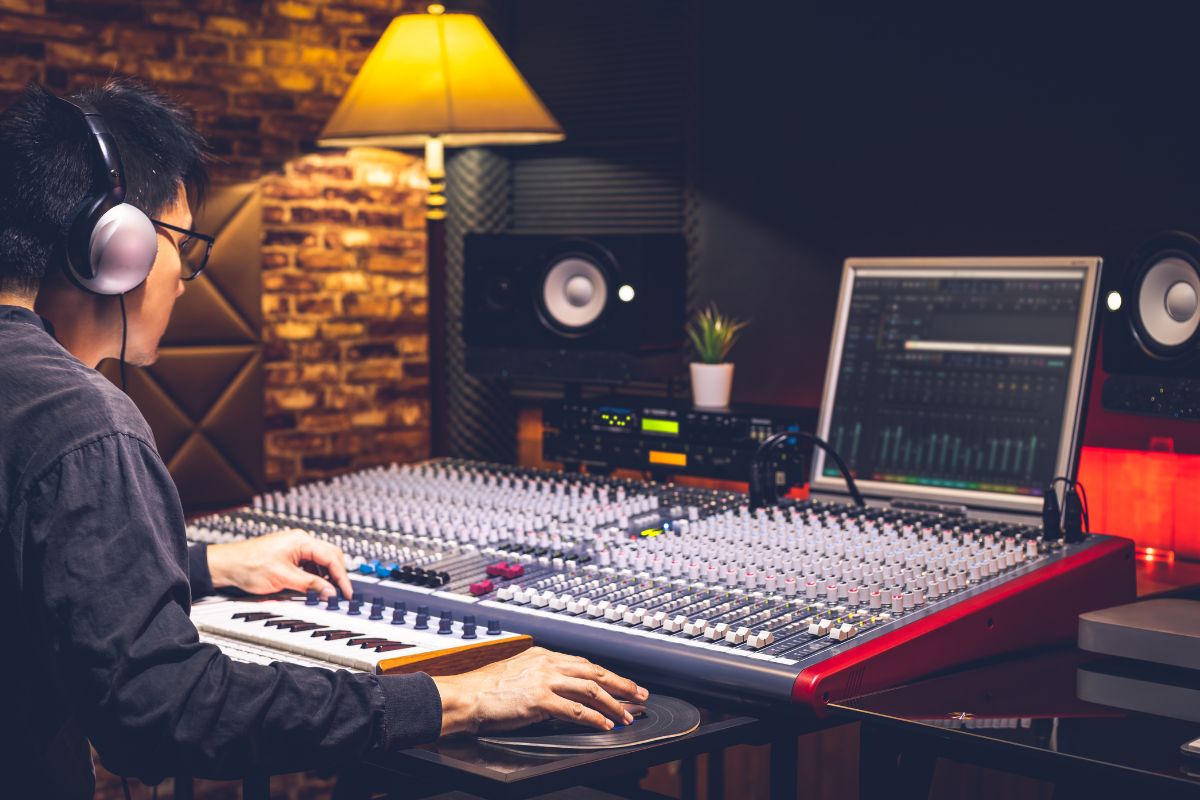
Photo: yanyong via iStock
Music education ‘must adapt to industry demands’
A report has called for music education to incorporate practical and industry-relevant content and focus on skills such as networking and resilience.
Music education should be adapted to better prepare students to meet the changing demands of the music industry, according to a report by Toolroom Academy, the education platform of electronic music label Toolroom Records.
The report, titled From Mixing to Mainstage – The Blueprint for Emerging Electronic Artists, surveyed and interviewed new and established artists, industry professionals and educators to identify barriers emerging artists face when entering the music industry.
Among the actionable strategies it proposes is reshaping music education, which the report says often focuses on developing musical skills and historical knowledge but does not fully prepare students for the challenges of the modern music industry.
READ MORE:
- Action plan to ‘take back control’ of creative education
- Starmer promises greater emphasis on creativity in education
It calls on musical educators to integrate practical, industry-relevant content into their courses, suggesting curricula should include modules on effective communication, personal branding, leveraging social media and developing a strong artistic identity.
It also suggests lessons on the roles of various industry stakeholders, legal aspects of music production and distribution and business strategies should be incorporated, to help empower artists to make informed decisions throughout their careers.
The authors of the report say the contents should “serve as a call to action for music education”.
“Educational institutions can play a crucial role in shaping the next generation of successful electronic music artists by designing curricula that address the specific challenges and strategies,” the report says.
“The future of music education lies in its ability to evolve and respond to the industry's demands, thereby ensuring that aspiring artists are not only talented musicians but also savvy, resilient, and well-prepared professionals.”
Networking and resilience
The report also calls for the development of networking skills to be prioritised in music education, alongside how to build and maintain professional relationships and foster collaborative opportunities.
A survey of over 250 early career electronic artists featured in the report found the majority of respondents believe their professional network inside the industry is not strong enough, with less than a quarter (23%) rating their network four or five out of five. Similarly, 62% said they consider growing their online audience a major struggle.
Another key challenge faced by emerging electronic artists is struggling with self-confidence and dealing with failure. In the survey, over half (55%) said they felt pressure to succeed, while two-fifths said dealing with failure, maintaining self confidence and balancing their personal and professional life are challenges they faced fairly or very often.
In response, the report adds that resilience and mental health should be addressed through courses that focus on building coping strategies, maintaining motivation and seeking support when needed.
Music education should also remain agile and responsive to the constantly evolving music industry, the report continues, by seeking input from industry stakeholders, alumni and current students.
“Embracing a culture of innovation, experimentation, and continuous learning within music education can help foster a new generation of adaptable, forward-thinking electronic music artists,” it says.
“Music educators must take the insights from this report seriously and work towards integrating practical, industry-relevant content into their courses.”
Join the Discussion
You must be logged in to post a comment.